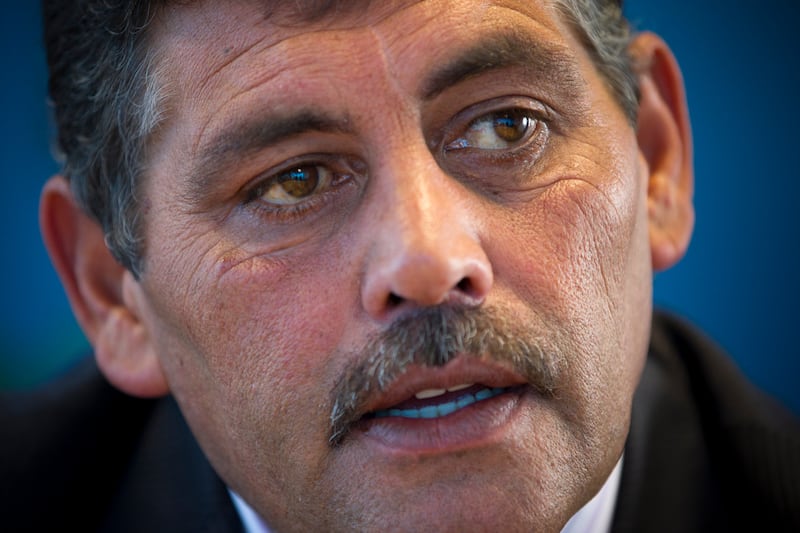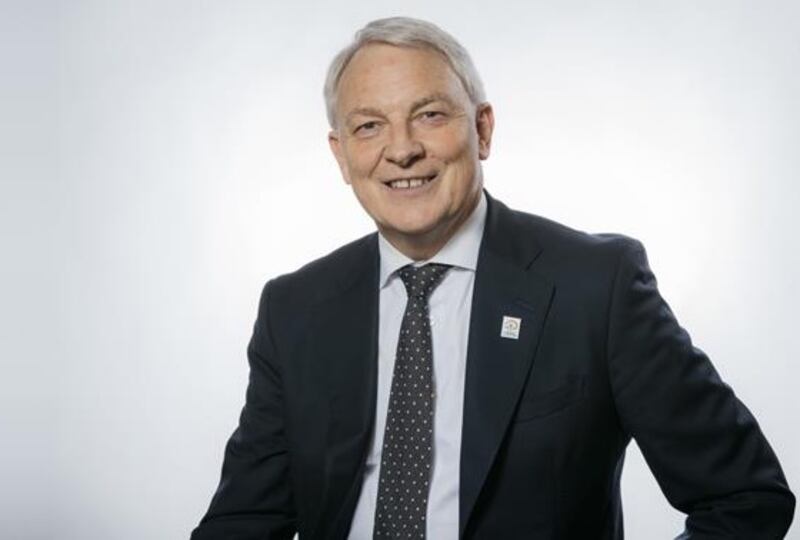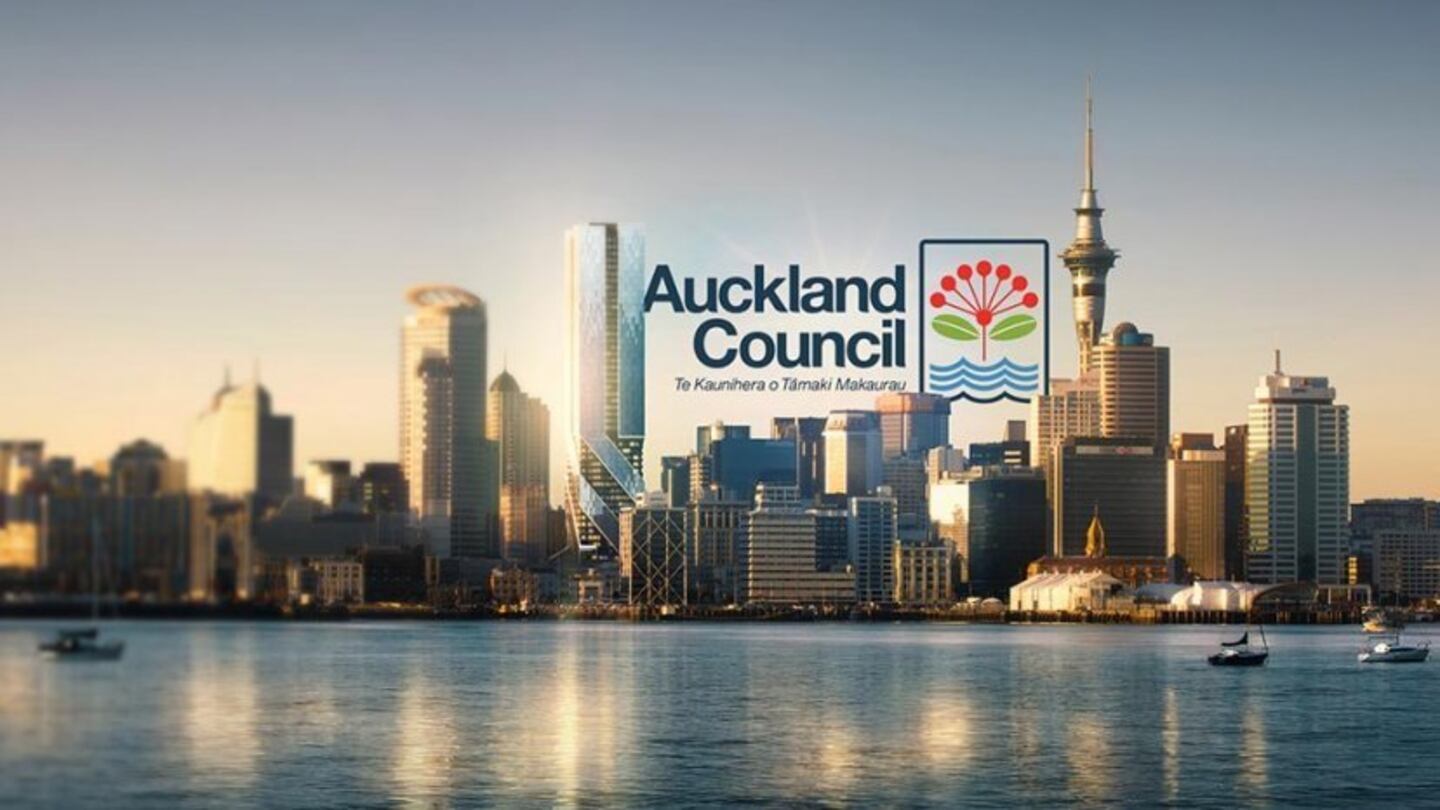Plans to introduce Māori seats into Auckland Council are underway, with consultation set to begin next month, but the seats won't come in time for the 2022 election.
Independent Māori Statutory Board chair David Taipari is labelling the move "disappointing", saying the failure to get Māori seats into the council will mean Māori won’t see representation till 2025, despite the recommendation for the seats first arising in 2010 at the time of the amalgamation of Tāmaki’s separate councils and the birth of the super city.
"This council has been in existence for 12 years and has had the opportunity to look at Māori representation before and it hasn't done anything," he told LDR.

Independent Māori Statutory Board chair David Taipari / NZME
Auckland mayor Phil Goff responded to the criticism saying the issue is that Māori seats require a government law change because the original bill that created the super city, limits the council to 20 members, in addition to the mayor.
Last year Local Government Minister Nanaia Mahuta (Waikato-Tainui, Ngāti Maniapoto, Ngāti Manu), juggling three waters reforms and the foreign affairs portfolio, declined to pass the required legislation under urgency.
"The minister has signalled that this legislation will be introduced this year but it will not be passed in time for the 2022 election," Goff said.
Goff didn't explain why the Māori seats had not been on the agenda up until now.
"The long-standing position of Auckland Council is that it supports direct representation by Māori, which would parallel the parliamentary system which has been in place for over a century."

Outgoing Auckland mayor Phill Goff / Supplied
Last year the Independent Māori Statutory Board and councillors said three seats, including one appointed by mana whenua, would be the most workable solution. The proposal mirrored 2009 recommendations from the Royal Commission on Auckland Governance, which attempted to create a blueprint for the super city but which was changed by then local government minister Rodney Hide under the National-Act coalition of the time.
If the council gets its way, Māori seats will be calculated based on the number of councillors and Māori voters, which would mean only one or two Māori wards would be created.
Tau Henare, another member of the independent Māori statutory board, backed Taipari’s criticisms of the delay but said it was important the council got things right in their implementation.
"I think the council wants to be sure of the process and which way it goes," he said. "Frankly, Māori have been waiting for over 150 years, so what's another three?" Henare told LDR.
Consultation with mana whenua and urban Māori on how Māori seats will be implemented will run till the end of July.

